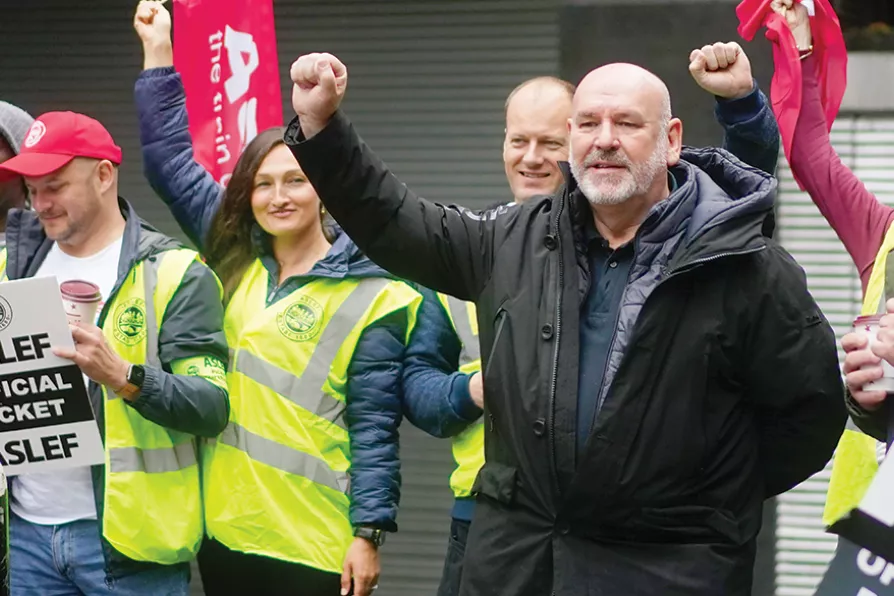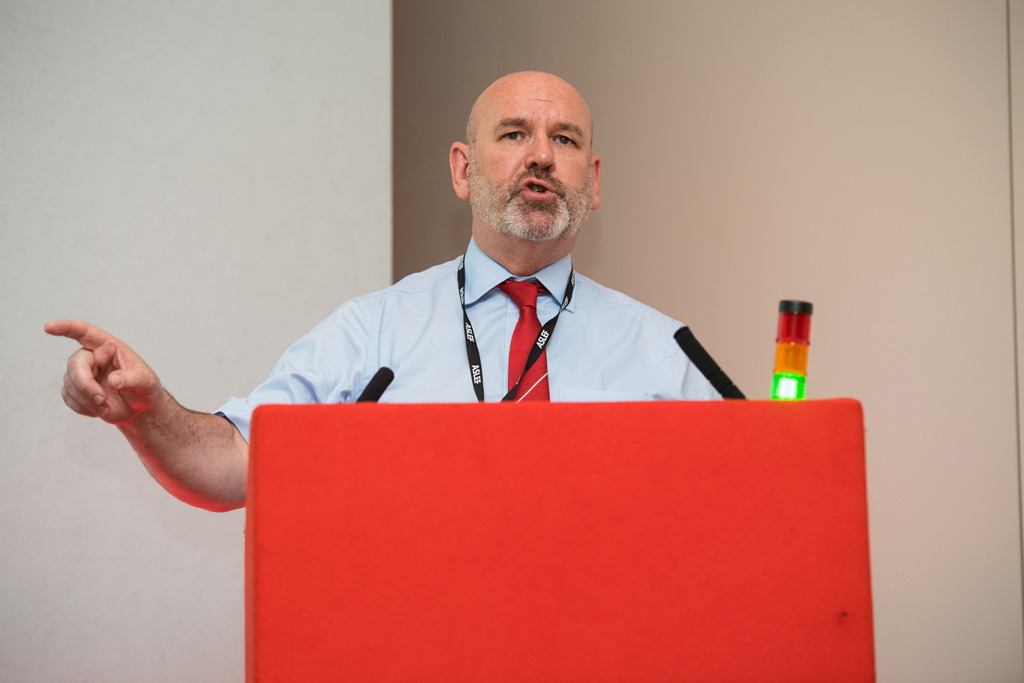The Carpathia isn’t coming to rescue this government still swimming in the mire, writes LINDA PENTZ GUNTER

 CLARITY AND RESOLVE: Railworkers on a picket line at Euston station in London in September 2023, second from right, Aslef general secretary Mick Whelan
CLARITY AND RESOLVE: Railworkers on a picket line at Euston station in London in September 2023, second from right, Aslef general secretary Mick Whelan
I HAVE spent most of my adult life working in Britain’s railway industry. And I have spent all my adult life as a member of a trade union. I joined the railway as a guard in 1984 — joining the NUR which, a few years later, when it merged with the National Union of Seamen, became RMT — and then, when I became a train driver, driving freight and passenger services, I joined Aslef, the train drivers’ trade union.
As a railwayman — as a guard, as a driver, and as a union rep — I have always been acutely aware that the railway is a safety-critical industry.
Because when things go wrong — with the technology, the infrastructure, the signalling or the rolling stock — people get hurt and sometimes people die.

On the eve of the 157th Trades Union Congress, MICK WHELAN, general secretary of Aslef, the train drivers’ union, celebrates victory in his campaign to get dignity for drivers at work

As the labour movement meets to remember the Tolpuddle Martyrs, MICK WHELAN, general secretary of train drivers’ union Aslef, says it’s an appropriate moment to remind the Labour government to listen to the trade unions a little more












